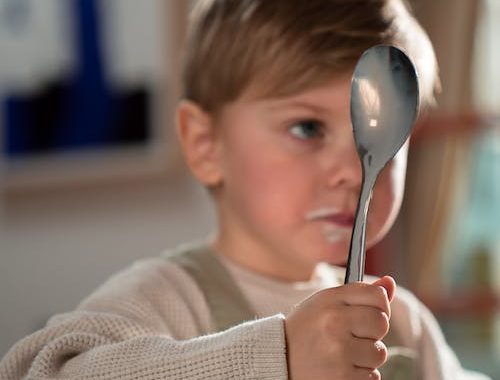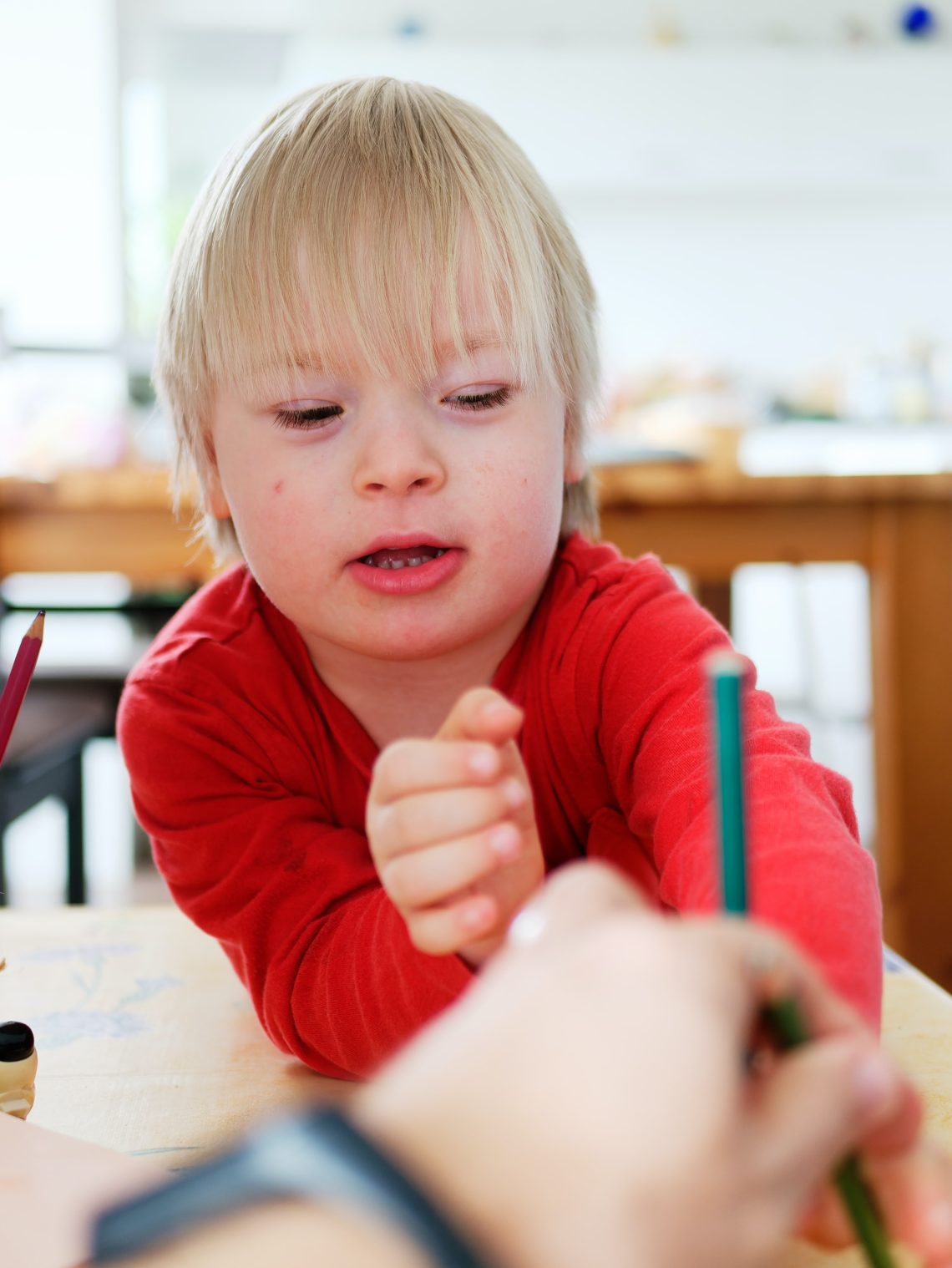
Autism In Children: Causes, Manifestations And Treatments
Although less talked about, autism is far from being an isolated phenomenon. In fact, it is estimated that, on average, one person in 160 has an autism spectrum disorder. The early signs of this disorder can be detected in childhood, although some cases are not noticed until adulthood.
Although not considered a disease, autism causes a multitude of behavioral problems in the individual, which can give the impression of imbalance. However, it has been identified as a disability in the United States.
Autism, what you need to know
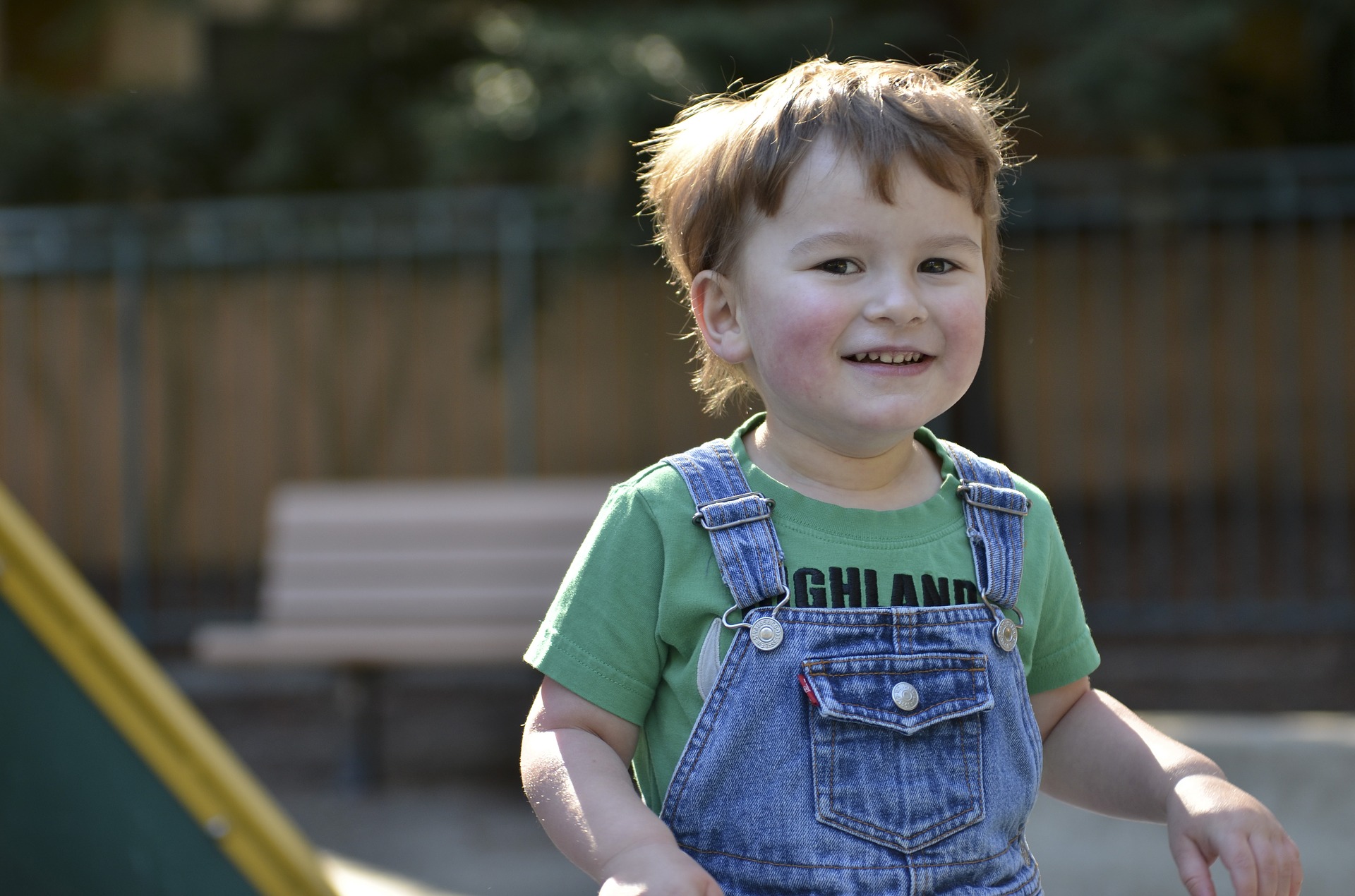
By definition, autism is designated as a disorder of mental development. It results in behavior, language, social interaction, and emotional functioning alterations. The alleged causes of autism are multiple.
Some experts identify it as a disorder inherited from the parents’ genetic background. Others believe it results from several factors that occur during pregnancy: alcoholism, medication, or exposure to harmful products such as pesticides. Some believe that in addition to genetic causes, other elements in the disorder develop as the child grows.
Recognizing a child with autism
Autistic child often stands out because they have difficulty interacting with the world around them. This can result in cases of selective mutism. That is, the individual is unable to communicate with others, even though they are able to speak and understand what is being said. One of the distinguishing features of autism is the child’s lack of interest in activities that may be of interest to children their age.
This different perception of reality may lead the child to adopt irrational behaviors such as emotional or reactive insensitivity. Unresponsive to the presence of others, autistic people tend to be withdrawn and like to be alone most of the time. They may also be prone to hyperactivity, which usually manifests itself in excessive acting out, resulting in clumsiness or aggressive behavior.
Appropriate treatments
To date, no treatment has been recognized as a solution to cure autism. However, alternatives can be considered in order to alleviate the disorders that affect the subject. The chances of success are optimized if the disorder is detected early enough.
Prevention
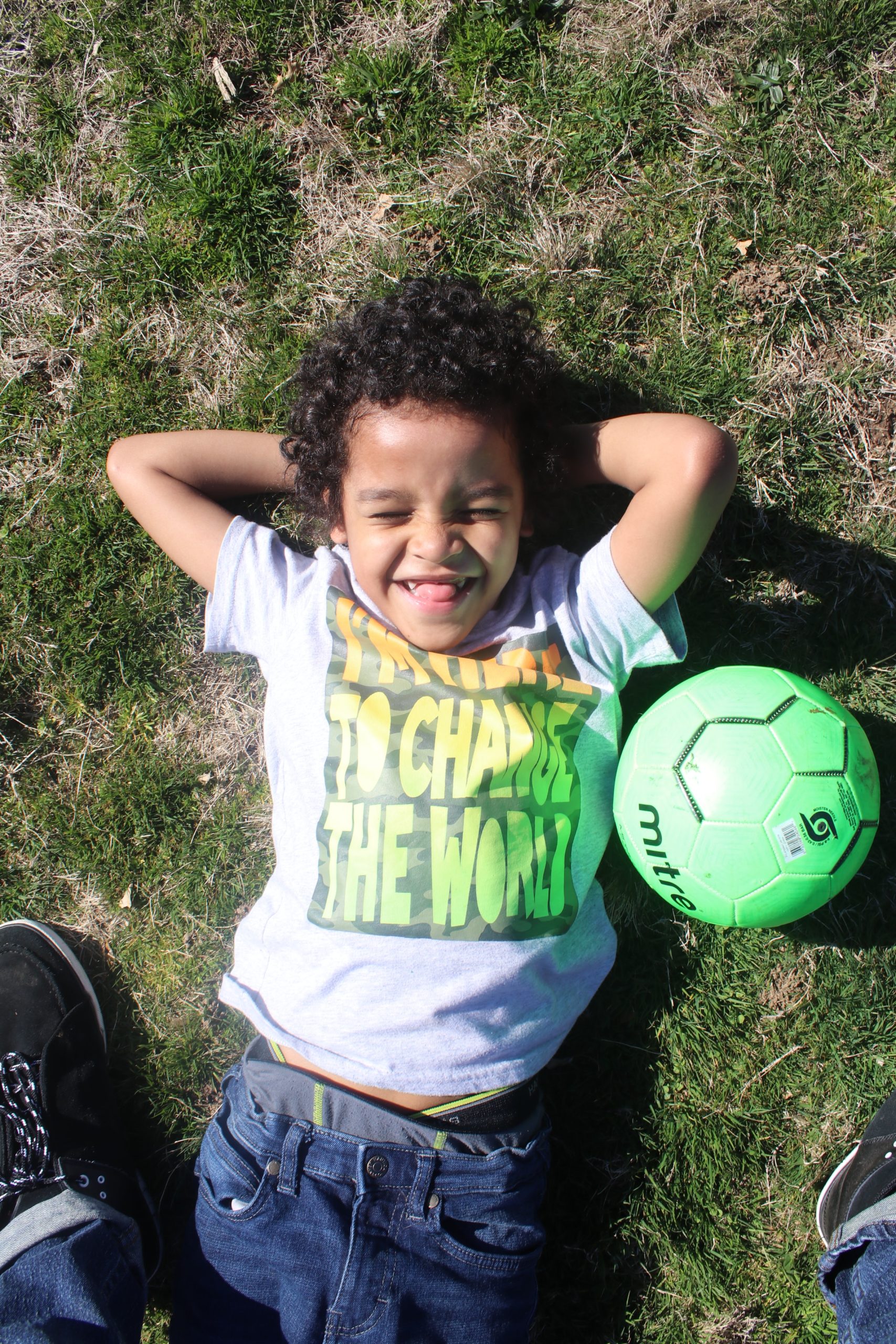
Precautions should be taken during pregnancy. Indeed, pregnant people must have a healthy lifestyle in order not to compromise the condition of their child. Thus, they are advised to be careful with what they ingest while avoiding excess. Alcohol, drugs, and other harmful products are strongly prohibited.
Medication
If the signs of autism are detected in childhood, doctors can prescribe medication such as neuroleptics to stimulate the child and influence their behavior. However, medication does not necessarily guarantee reliable results since disorders can vary from one child to another.
Supportive measures
In the absence of a reliable treatment, personalized follow-up can effectively cure or at least alleviate autism-related disorders. If the child has difficulty interacting with other people, it is up to those around them to try to get closer to them by engaging in careful discussions and closeness.
This requires reassurance and avoidance of abrupt gestures that may intimidate them. Encouraging them to express themselves is also an excellent way to stimulate their interest in the world around them. At the same time, psychology can play an important role in supporting the child. By using well-adapted techniques, psychologists can help reduce the disorder’s symptoms.
Autism is a dangerous phenomenon.
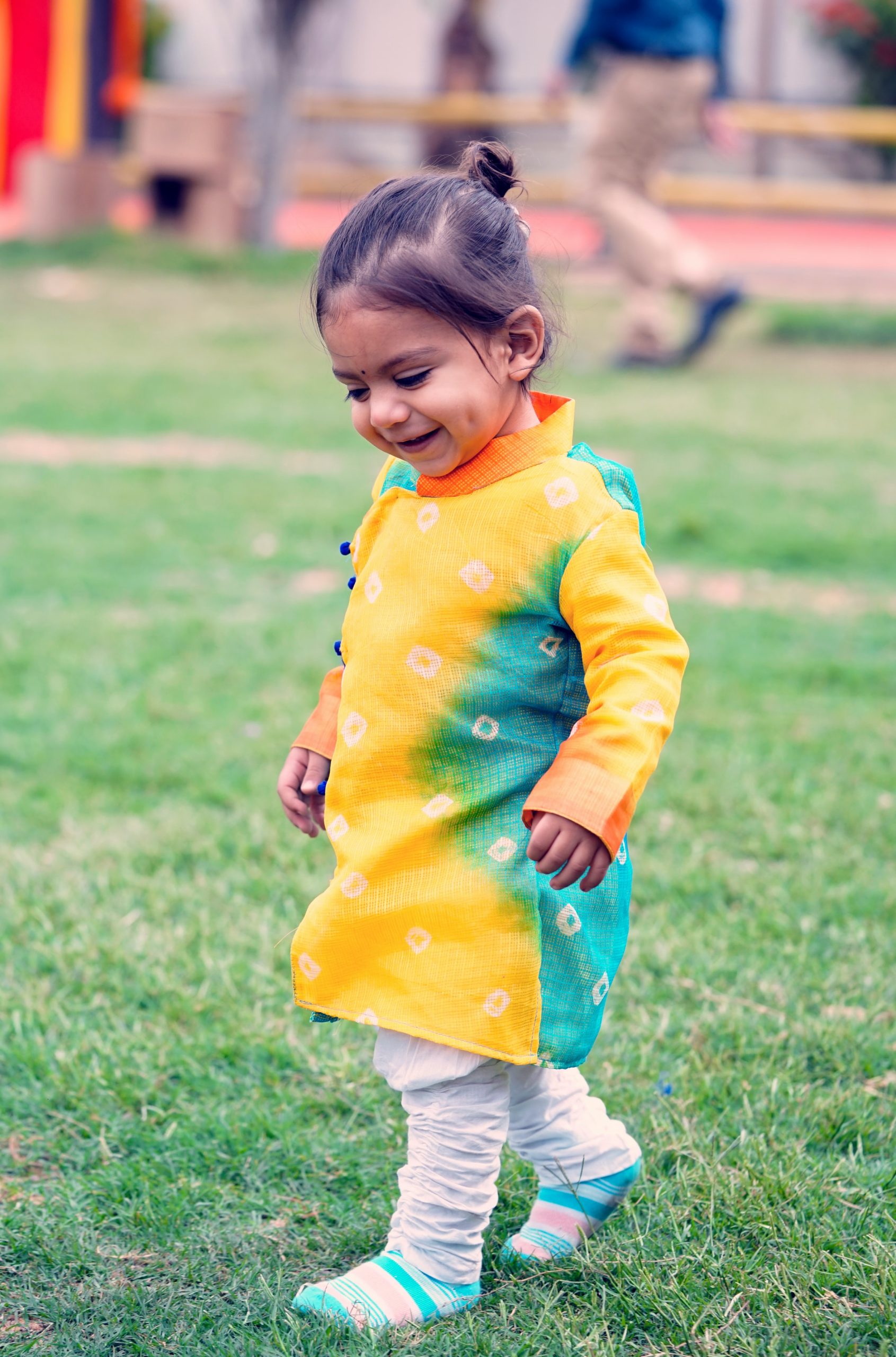
Even if it is not considered a disease, autism is a scourge that paralyzes the person who suffers from it and those around them. Indeed, its difficulty in taking part in social interactions will cause the child to shut themselves up and isolate themselves.
This isolation can have repercussions on the child’s future since they will have difficulty living in a community, which will make it difficult to integrate into the school or work environment. The insensitivity that they show may harden over time, developing an antisocial, even psychopathic character.
Sound off in the comments section below and tell us what you want to read next and if you want to read more about autism.
You May Also Like

The Top Guide To Childcare When Divorcing
2022-03-15
How To Build Your Own Crib?
2022-01-13